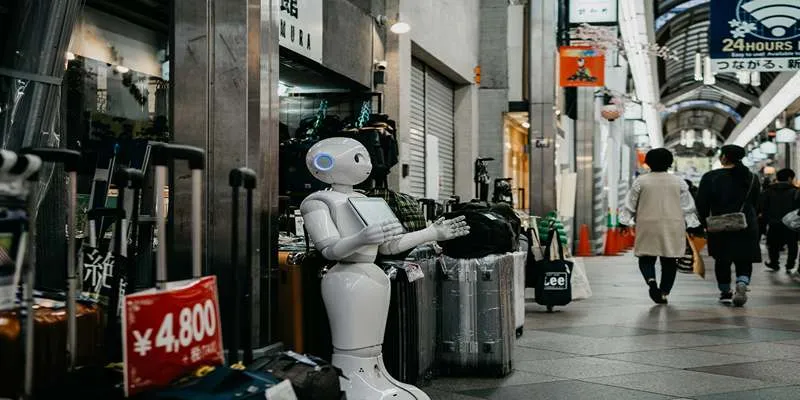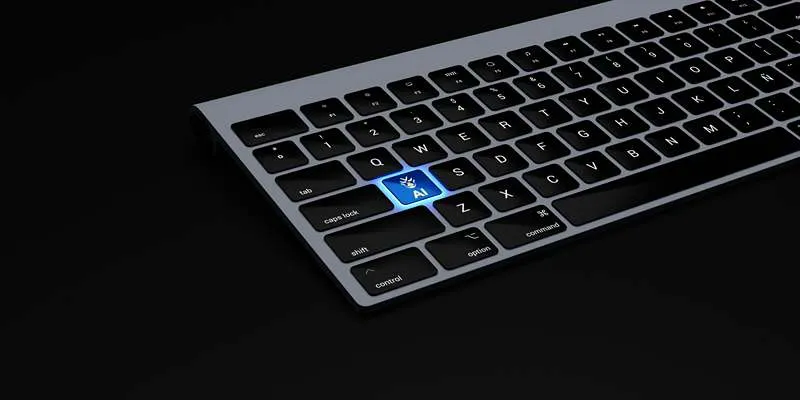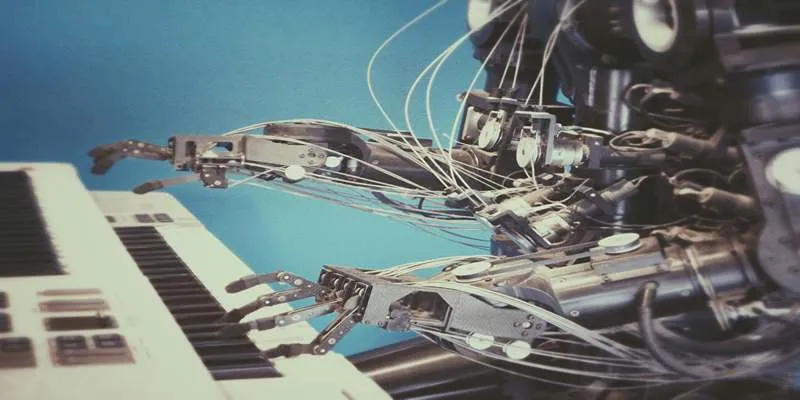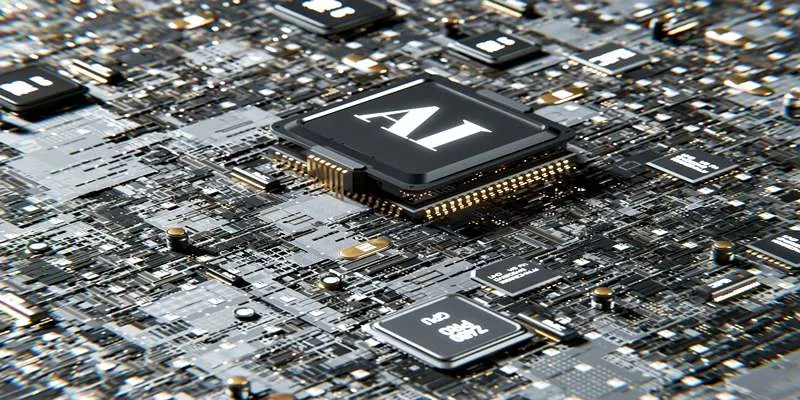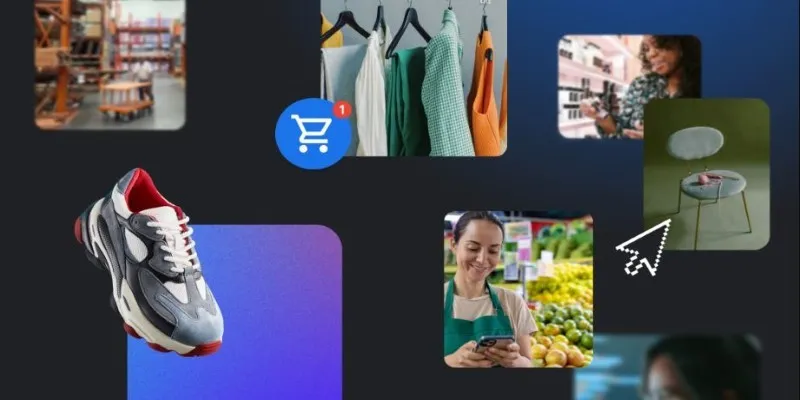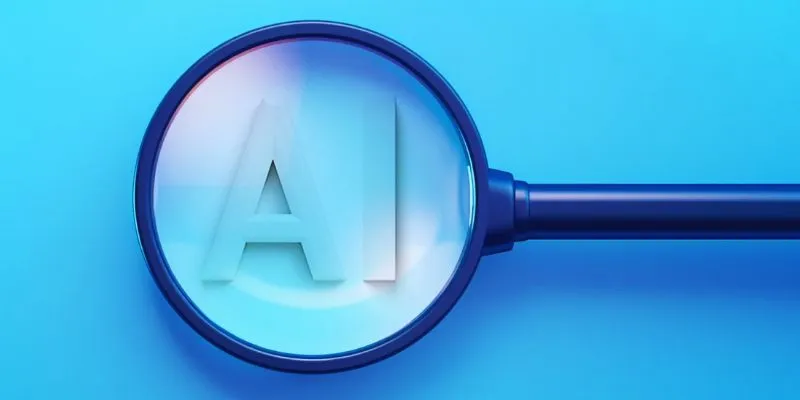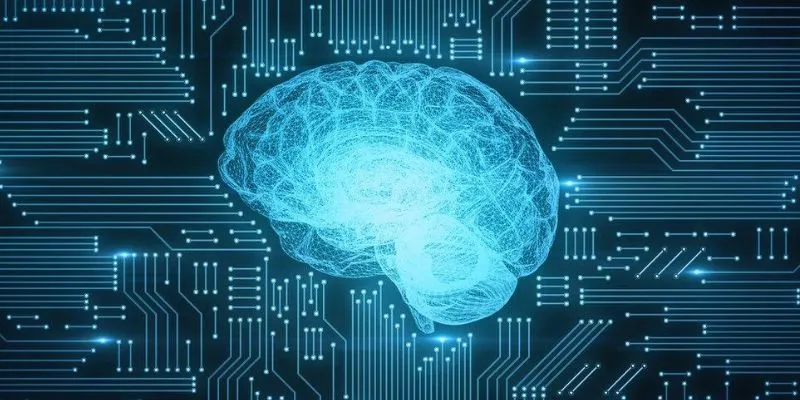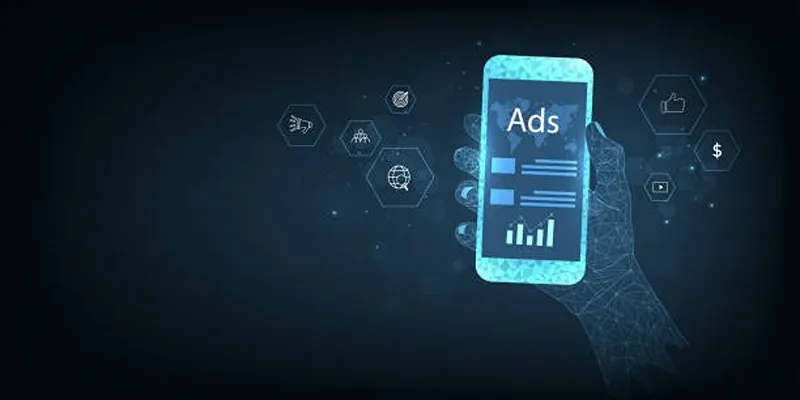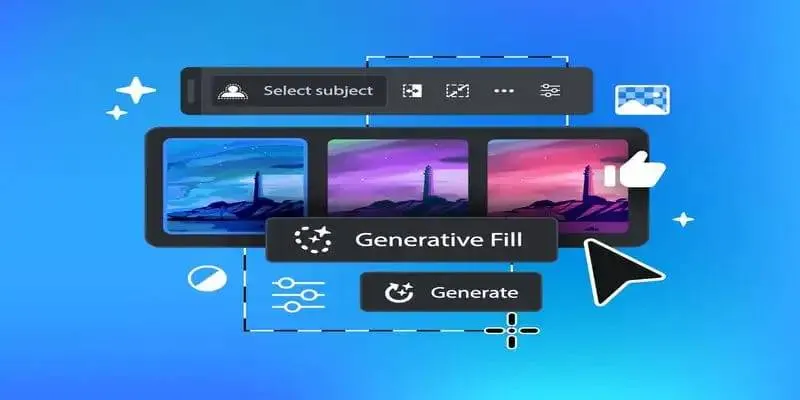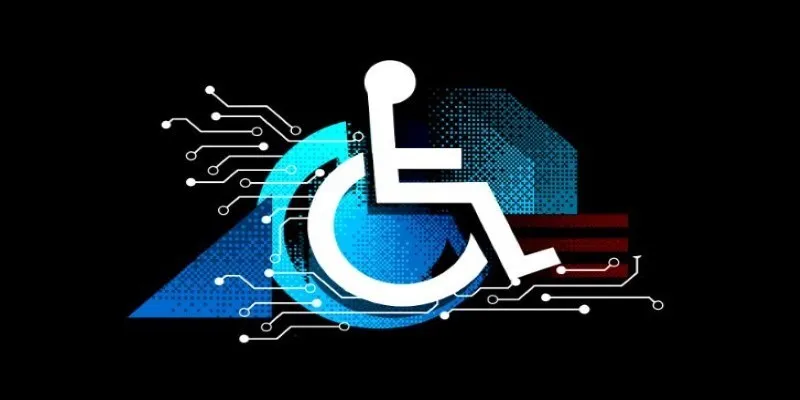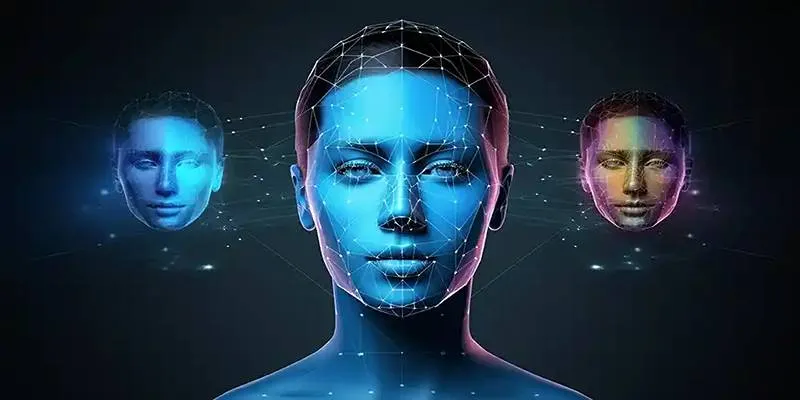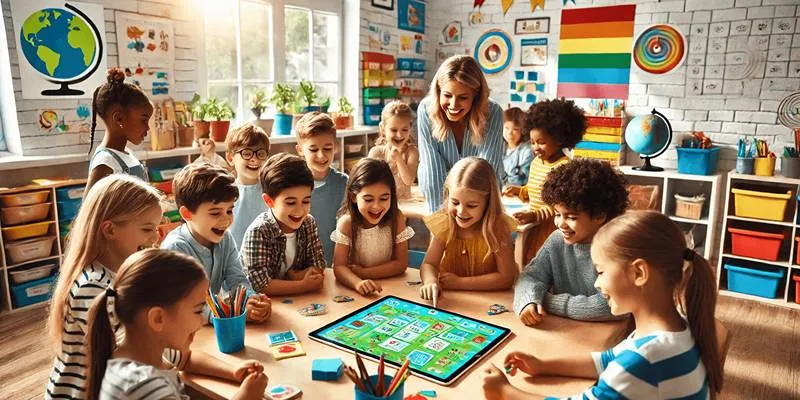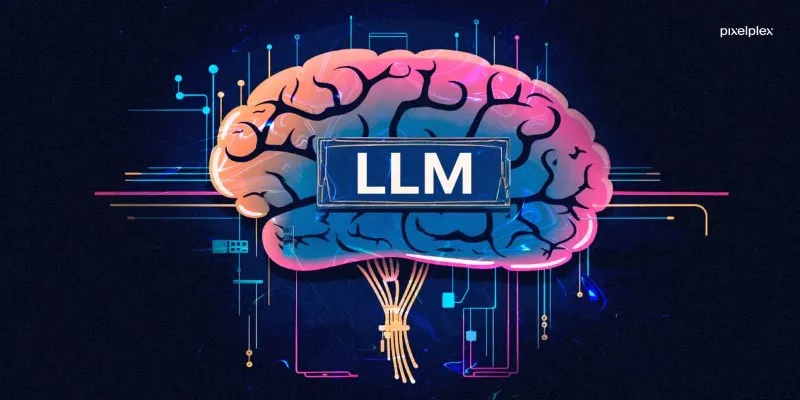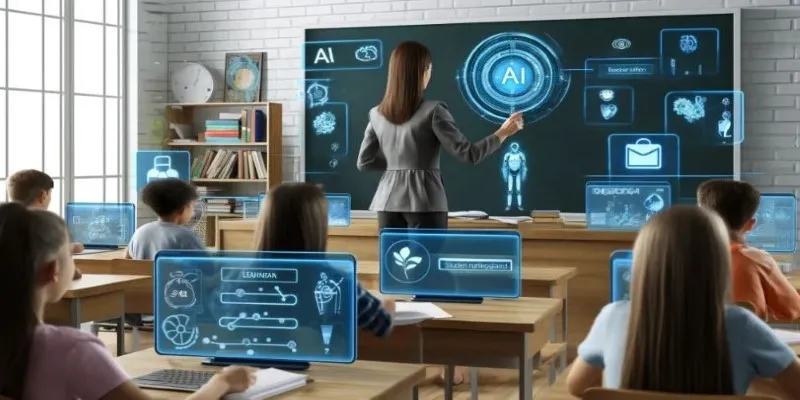Generative AI has revolutionized content creation, software development, and automation. Yet, inherent constraints prevent AI from matching human intelligence. While AI excels at pattern recognition, automation, and data- driven decision-making, it lacks qualities like empathy, morality, and true innovation. The debate of Human vs. AI continues, questioning whether artificial intelligence can replace human intelligence or if it serves as an enhancement. This article explores AI’s limitations in problem-solving, innovation, and cultural issues, emphasizing why artificial intelligence remains distinct from human creativity.

Generative AI’s Strengths and Limitations
Generative AI’s Capabilities
Generative AI has impacted various industries by streamlining processes. It efficiently handles large data sets, creates human-like text, and automates repetitive tasks. Examples include ChatGPT for text generation and DALL•E for image creation, along with machine learning models in finance and healthcare. These capabilities enhance productivity but rely on predefined rules. Although AI can mimic human writing, design, and analysis, it cannot comprehend the meaning of its outputs.
Generative AI and Complex Problem-Solving Limitations
AI struggles with abstract thinking and complex problem-solving, unlike humans. Machine learning models depend on vast data for predictions but lack common sense unless explicitly programmed. In ambiguous or random contexts, human intervention is preferred. For example, AI can analyze medical scans but cannot make ethical treatment decisions. Similarly, automated legal tools can extract judgments but lack the reasoning behind legal principles. AI’s shortcomings include limited problem-solving skills, inability to analyze situations from multiple perspectives, and a lack of innovative solutions, restricting its independence.
Human vs. AI: The Importance of Emotional Intelligence
While AI can detect emotions through facial recognition or sentiment analysis, it cannot feel or exhibit empathy. Fields like counseling, leadership, and healthcare require emotional intelligence due to interpersonal interactions. AI chatbots offer customer support but cannot build user rapport. Humans leverage personal experiences and empathy to address social issues, highlighting AI’s inability to replace human roles in tasks requiring empathy and ethics.
AI and Creativity: Can Machines Truly Innovate?
How AI Mimics Creativity Without Original Thought
AI-generated content appears innovative but lacks true creativity. AI recombines existing information in novel ways but cannot generate original ideas. For example, AI art replicates human artworks, and AI writing amalgamates patterns from human texts. While AI can produce impressive images and essays, it lacks purpose and creativity. Human imagination stems from knowledge, emotions, and unique thinking, whereas AI merely shuffles data without understanding its meaning.
The Human Advantage in Innovation and Critical Thinking
Innovation involves more than combining existing concepts; it’s an inventive and critical process. Humans excel at identifying issues, questioning paradigms, and creating new ones. Innovations like the telephone, the theory of relativity, and modern computing resulted from imagination, not pattern recognition. AI cannot question paradigms or generate original ideas independently. While AI aids idea generation and development, human imagination is essential for creating new paradigms.
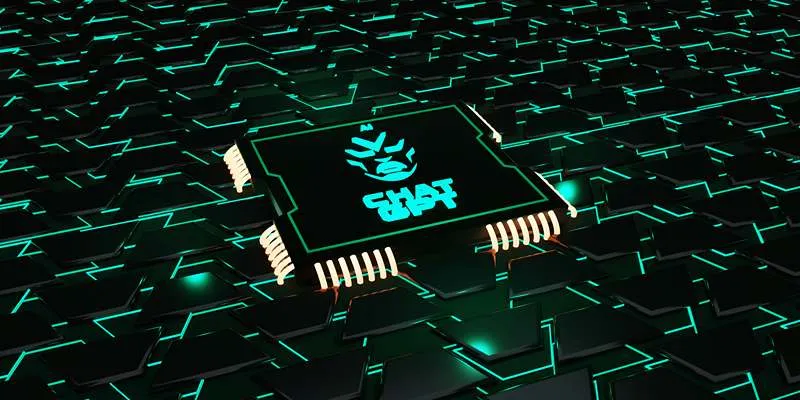
AI’s Ethical and Cultural Challenges in Creativity
AI’s reliance on past data leads to biases and ethical issues. For instance, AI recruitment tools have been criticized for gender and racial bias, and AI art often reflects stereotypes. Cultural knowledge varies across societies, making it difficult for AI to grasp diverse contexts. Human intervention is necessary to ensure moral responsibility and recognize different perspectives in AI-generated content. This limitation underscores the need for human involvement in creative industries using AI.
The Future of AI and Human Intelligence: Collaboration Over Replacement
AI should be viewed as a complement to human intelligence, not a competitor. AI systems handle repetitive tasks, allowing humans to focus on reflection and innovation. In healthcare, AI aids in diagnosis, but practitioners make final decisions. In journalism, AI generates articles, while humans ensure accurate information. AI enhances human knowledge and experience rather than replacing it.
Conclusion
Despite its capabilities, AI’s fundamental limitations prevent it from fully replacing human intelligence. In areas like problem-solving, emotional intelligence, and creativity, AI lacks the depth of human cognition. The Human vs. AI debate emphasizes AI as a powerful tool, not a substitute for human ingenuity. While AI boosts productivity and innovation, human oversight ensures ethical, meaningful applications. The future of AI lies in collaboration, empowering individuals rather than replicating human thought and creativity.
 zfn9
zfn9

